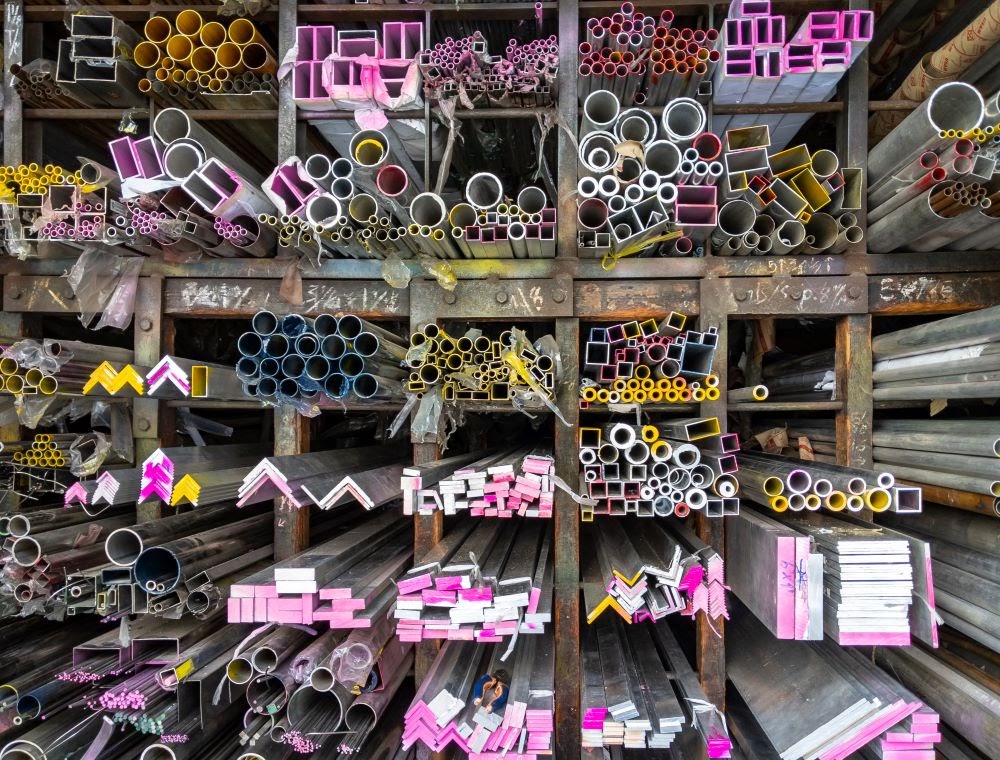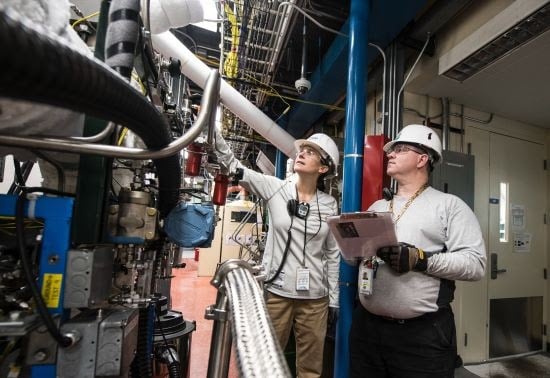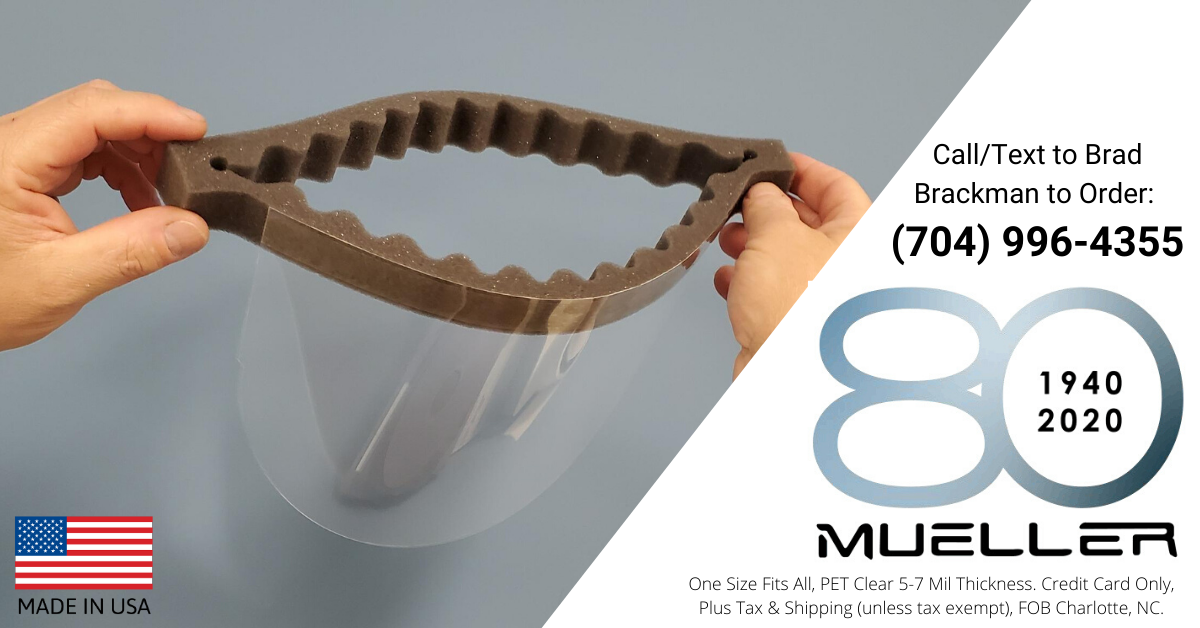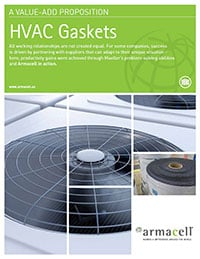
We’ve learned a lot from the COVID-19 outbreak so far.
Our need for face-to-face interaction with family and friends is substantial. The number of times we touch our faces every day is absurd. How much we rely on imported materials is frightening.
The global pandemic has put a serious strain on our economy and disrupted the way we do business. It’s vital to support U.S. companies now more than ever.
Here is how shifting to domestic material sourcing can put you back in control of time, quality, service, and cost.
Is Lead Time A Concern With Domestic Manufacturers?
How many times have you had to shut down because your material got stuck in customs or in the middle of the ocean?
How long in advance do you have to place your order before you get it? What about transit time? What about the time cycle? If there's an issue, you can lose 24 hours to even get in touch with companies overseas.
With domestic manufacturers, you don't have to worry about those things as much. Lead time can make or break a business.
What Kind of Quality Comes With Domestic Sourcing?
Customers want quality. That’s a trait that can be hit-or-miss with import material sourcing. Sometimes, specific components cannot be obtained, which leads to material substitutions, possibly without your knowledge. Domestic manufacturers tend to have quality systems in place to prevent that from happening or at least let you know about the change before it’s too late.
A supply chain made up of domestic companies will not break down because of a global crisis. There will be no disruption of goods or services because another country’s borders close. Utilizing a domestic supply chain increases flexibility if problems do arise because you are not subject to a foreign country’s rules and regulations.
The efficiency of an established timeline for deliveries is greater with a domestic manufacturer. Offshore suppliers may have extended lead times due to the increased distance and other transportation issues. Deadlines have a better chance of being met with domestic material sourcing because everything is being done within the U.S.
How Is Customer Service With a Domestic Manufacturer?
It’s easier to develop a good relationship with your supplier if they are domestic. In fact, with many foreign manufacturers, there is no relationship at all. You are simply a transaction to them. This is particularly concerning in situations where money is exchanged before a product is delivered. At that point, you are at the mercy of someone overseas who may not have a vested interest in your welfare.
Visiting a domestic manufacturing plant is not as complicated as traveling to a foreign country. You are able to see how the company operates with relative ease and build trust in their production process. With import material sourcing, you are believing blindly and hoping the other party will treat their workers right and export a great product.
Aside from no physical barriers, there are also no language barriers with a domestic manufacturer. The paths of communication are typically laid out pretty well. If something isn’t right, you know exactly who to call to solve the problem. In some cases of imported material sourcing, the person you’ve been in contact with may not even be the supplier, but instead, a broker who can’t do anything about your issue.

Do Domestic Materials Cost More?
It’s true that the U.S. has a hard time competing with offshore sources when it comes to the price of manufacturing. A larger labor pool, lower wages and benefits, and cheaper overhead costs are often associated with imported materials. However, there are also costs involved in a foreign manufacturer’s supply chain. This includes transportation, brokerage fees, customs tariffs, import tariffs, and inventory fees—charges you don’t have to deal with domestically.
The “Made in the U.S.A.” slogan carries much more weight now than it did a year ago. The money you pay for domestic materials goes right back into the U.S. economy. It keeps people on the payroll; it puts profits back into our financial system. When you buy imported materials, the U.S. doesn’t see a dime. That money is benefiting another country. When you buy from U.S. manufacturers, you make an investment in our infrastructure.
At Mueller, we made the decision years ago to buy domestically whenever possible. That choice has paid dividends for us during the COVID-19 crisis as borders have been shut down and other problems arose overseas. We have not been affected. We hope to set an example for others to be able to stay in control of their supply chain by buying domestic materials.
How Does Domestic Sourcing Give Me Power?
Making the transition into doing more business with domestic manufacturers not only supports our economy, but it also gives you power over your supply chain.
With domestic sourcing, you can depend on quality materials that will be able to not only make the journey to your business but also meet your deadline. You can build a relationship with a supplier that solves your problems and encourages open communication. You can invest in an economy that supports the U.S. population at a time when we could all use a helping hand.
At Mueller, we are committed to providing industry-leading solutions for die-cutting and we have an extensive list of materials that we use. If you’re interested in learning more about our services, you can contact us here, visit our warehouse in Charlotte, N.C., or request ten FREE samples of PRO-SHIELD 1 face shields here.





